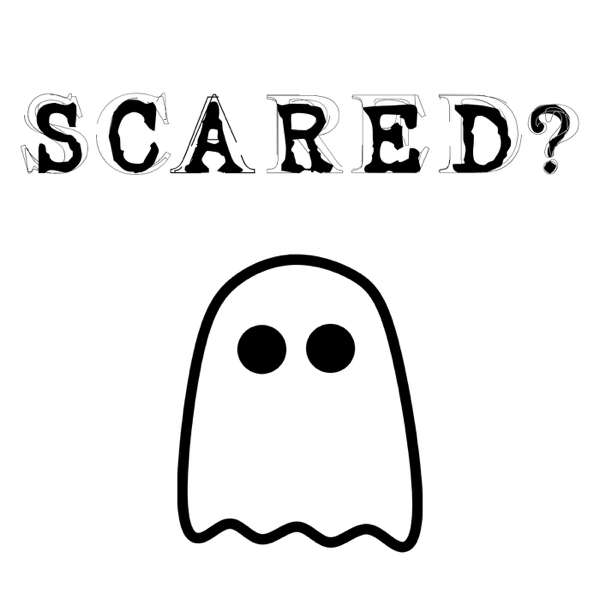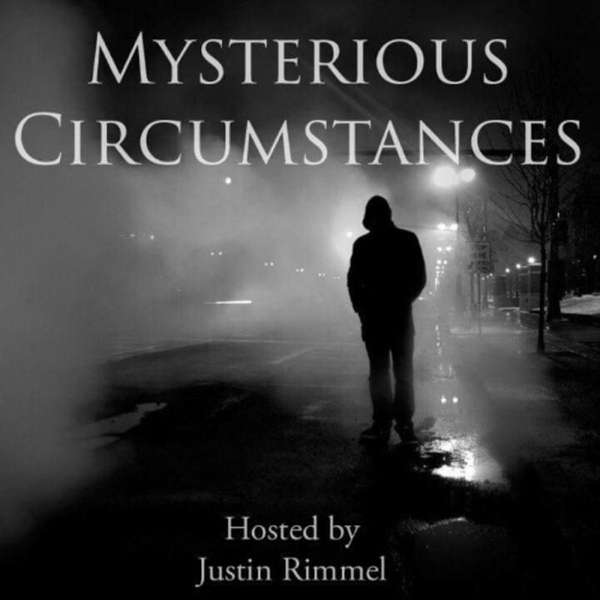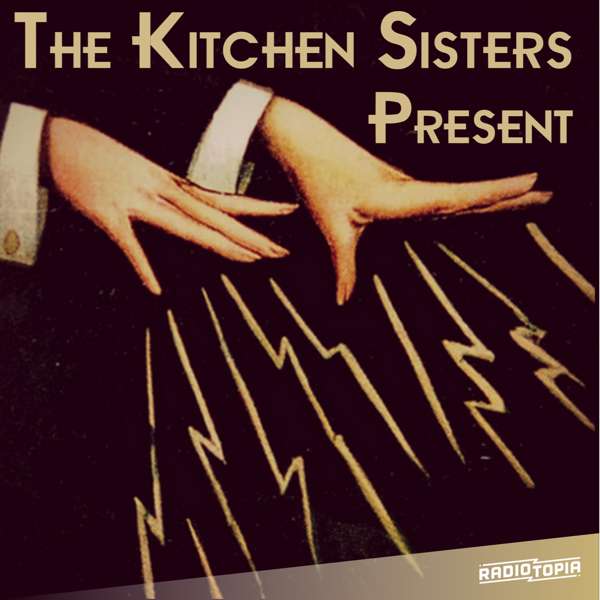A lot of us know what it can be like to raise the sort of questions about church and faith that most other believers seem unwilling to ask... Whether we're seeking clarification over some clearly poisonous idea, or challenging the integrity of a certain theological belief, or even just bringing up a biblical "elephant in the room" that is being avoided... Many of us have seen a similar result in how Christians respond or react to us: Fear. Shame. Gaslighting. Loss of trust. Loss of position. Loss of our voice within a community... Our expressed doubts are so often not met with comfort and embrace, but instead with painful separation.
It takes real courage to say something when the repercussions of that choice can so easily devastate our place within a community.
It's hard knowing that within many Christian settings, "raising an issue" tends to be the same thing as "becoming a liability." To be outspoken is to be outcasted. So many of us are always counting that cost – wrestling between the things we feel need to be said, and not wanting to be a ghost or pariah.
One of the strangest aspects to all of this is how many people we know who just observe the process of marginalization when those they're close to start asking questions or, God forbid, having the audacity to change. Many just watch as their friends are witch-hunted, blacklisted, and tossed aside under the pretense of "church discipline" or some other vaporous claim... And they seldom speak up on behalf of those being marginalized.
There is a something to this. It's called The Bystander Effect.
"The Bystander Effect is a social psychological phenomenon in which individuals are less likely to offer help to a victim when other people are present. The greater the number of bystanders, the less likely it is that any one of them will help. Several factors contribute to the bystander effect, including ambiguity, cohesiveness and diffusion of responsibility." [source: wikipedia]
So it's pretty astounding... Inherent to the potential abuse of someone within a community is the potential that nothing will done about the abuse because a community is present. A crowd of witnesses can actually decrease the chances of anyone else speaking up or offering help. When there are many of us, it's less likely that any of us feel obligated. Our sense of responsibility shrinks within a crowd, even as the person being hurt experiences a magnification of shame and hurt that is only possible due to that same crowd.
Such a cruel irony many of us are coming from.
The Institution is a powerful one – it wields powerful concepts like "tradition" and "truth," and claims to have the market cornered in those arenas. And few have the guts to speak truth to it, or even ask it to account for itself... But we raise a glass to those who do. And we hope you find some resonant community in the voices featured in this episode. A lot more people think and feel the ways that fewer of us have the courage to articulate. But uncomfortable as it may be, it's important that we do the hard work of speaking up, and the even harder work of speaking up on behalf of others who've spoken up already.
Because there are consequences that should never be experienced alone.
OUR SEVENTH EPISODE DANCES WITH THE THEMES AND IDEAS OF 'EASTER EGGS' – THE SEVENTH TRACK ON DEREK WEBB'S NEW ALBUM, 'FINGERS CROSSED.'
THE SONG ITSELF ALSO PROVIDES THE ENTIRE MUSICAL AND SONIC BACKDROP TO ANY PHONE CALLS AND CORRESPONDENCE WE ARE FEATURING THIS WEEK.
ABOUT SEASON ONE:
Derek Webb has described his new album, Fingers Crossed, as 'a tale of two divorces.' Our first season of The Airing of Grief Podcast dives into the album track-by-track, with each song providing the themes and musical backdrop for an accompanying episode. Whether you're new to Derek's music or a longtime fan, the topics discussed and the stories of our guests should prove themselves to be a compelling journey for any listener. Wherever you might find yourself on issues of faith or spirituality, there is room at the table for all of these voices to be heard and celebrated. Raw, real, and authentic, The Airing of Grief strives to be a safe place to strip away the pretense and really listen to the heart.

 Our TOPPODCAST Picks
Our TOPPODCAST Picks  Stay Connected
Stay Connected







